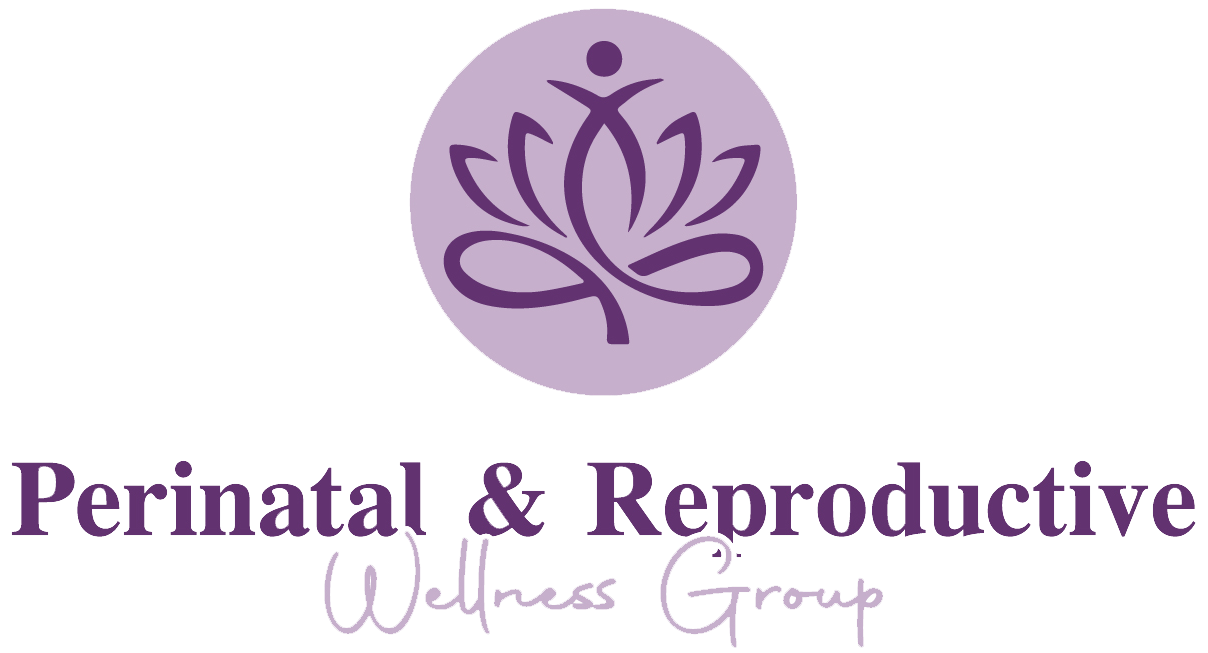Class Anxiety During the Perinatal Period
Class anxiety in the perinatal period
When I work with individuals and couples in the perinatal period, amidst the swirl of thoughts and feelings, I’ve been detecting a thematic undercurrent of anxiety around how the expectant parents’ past might impact how they shape their own growing family.
These feelings bubble up in different ways. There are the hot-button issues of things your parents did that you swear you’ll never do with your kids. There are the treasured memories and rituals you absolutely expect to recreate. And then there are the subtler, perhaps unconscious things that you might excavate at an unexpected moment, realizing that something from your past matters way more than you thought it had.
There might be an ongoing self-assessment quietly running in the back of your mind: Did I do enough in my past? Did I heal enough from the negative experiences? Did I work enough to be able to provide what I want to provide and what brings meaning, as I enter parenthood?
Often, these trips from past to present to future can come with financial strings attached. Expectant parents reflect back on their childhood and worry: How will the experience of childhood I provide compare with my own, good and bad?
The things you want for your parenting experience might read as status symbols: private school, a self-driving car, a nanny or house manager, or even being able to cut back to a part time position. But often, there are deeper meanings attached – a self-driving car might represent hands-free time you can spend with your child in the backseat, not something to show off to the neighbor.
For the individual
Write down the things that are coming up in terms of class anxiety you may be feeling, to see if you can untangle the threads and look for the underlying meaning. What things do you want (or not want) for your child? How does this continue or interrupt a narrative or mindset you held as a child? What values were instilled in you, around employment, motherhood and their intersection? How do you relate to those values today?
Figuring out your own class anxiety is the first step. Then, if you are co-parenting with someone, this exercise will lay the groundwork for the couples work outlined below.
For the couple
Your partner has their own list of wants. But, since they grew up in a different household, some items on their list may well be in tension with yours. Without the affective context, you may misinterpret one another’s values, for example, reading a “need” to send your child to a certain kind of school, as materialistic – rather than deeply rooted in a profound, past experience
This theme was beautifully rendered in the recent mini-series “Fleischman is in Trouble,” starring Claire Danes as the seemingly status-obsessed wife who divorces her husband after endless round-and-rounds about her relentless pursuit of the next rung of the ladder. Viewed from a less litigious perspective than the one to which her ex-husband clings, Danes’ character is the perfect example of a new mother who looks everywhere around her to find support to remain in the workforce.
The fissures in their marriage are widened by this unexamined class anxiety that causes Danes’ husband to see her as superficial and shallow while she pushes herself beyond her limits – ironically, because she is so determined to heal her traumatic relationship to the past by being the mother she believes society expects her to be. (Though uncomfortable at times to watch, Danes gives a masterful performance – and it’s a great conversation starter.)
My recommendation for couples in the perinatal period is to spend some time, first as individuals, looking at their parenting expectations. Write down anything that comes up – travel, holidays, nutrition, sleep, schooling, socializing, health, caregiving – and think about any item that has an extra powerful “charge” (the things you “can’t imagine” doing any other way).
Then take time to share your lists with one another, with a focus on the affective aspects (why something has meaning to you) rather than the specific content. As you listen, you can start to identify which elements are in alignment, and which are the hot-button issues you may need to revisit. (If you end up seeking couples’ counseling, this kind of work can be a great foundation to bring to your counselor and get a head start on the process.)
